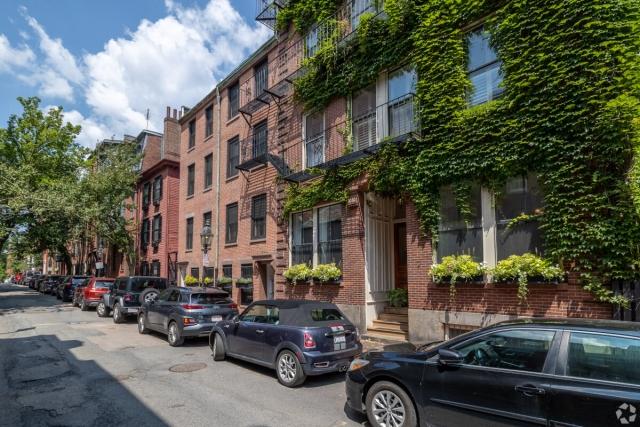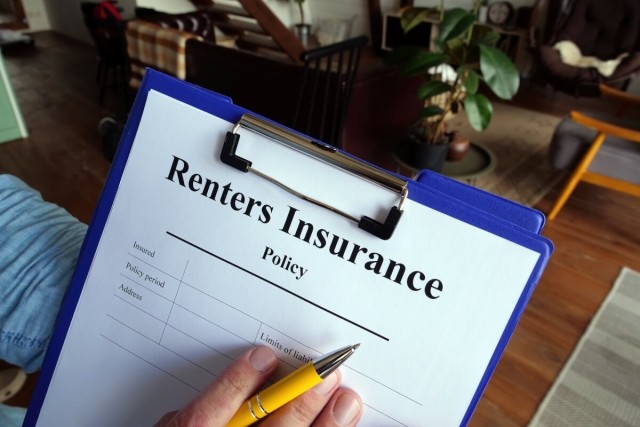Parking might not be one of the first things you think of when moving to Boston, but it’s a must-do task. Between resident-only streets, metered parking, street sweeping, and winter restrictions, renters can face a steep learning curve that can come at a price for those that don’t know what to expect. Here’s what renters need to know about parking in Boston to avoid frustration and tickets.
Key Takeaways
- Resident Parking Permits Are Essential: Many Boston neighborhoods have “Resident Parking Only” zones.
- Street Cleaning Is Strictly Enforced: Boston’s street sweeping happens year-round on main roads and from April to November in most neighborhoods.
- Winter Storms Trigger Parking Bans: During snow emergencies, Boston bans parking on major roads to allow plowing.
Understanding Boston Parking Regulations
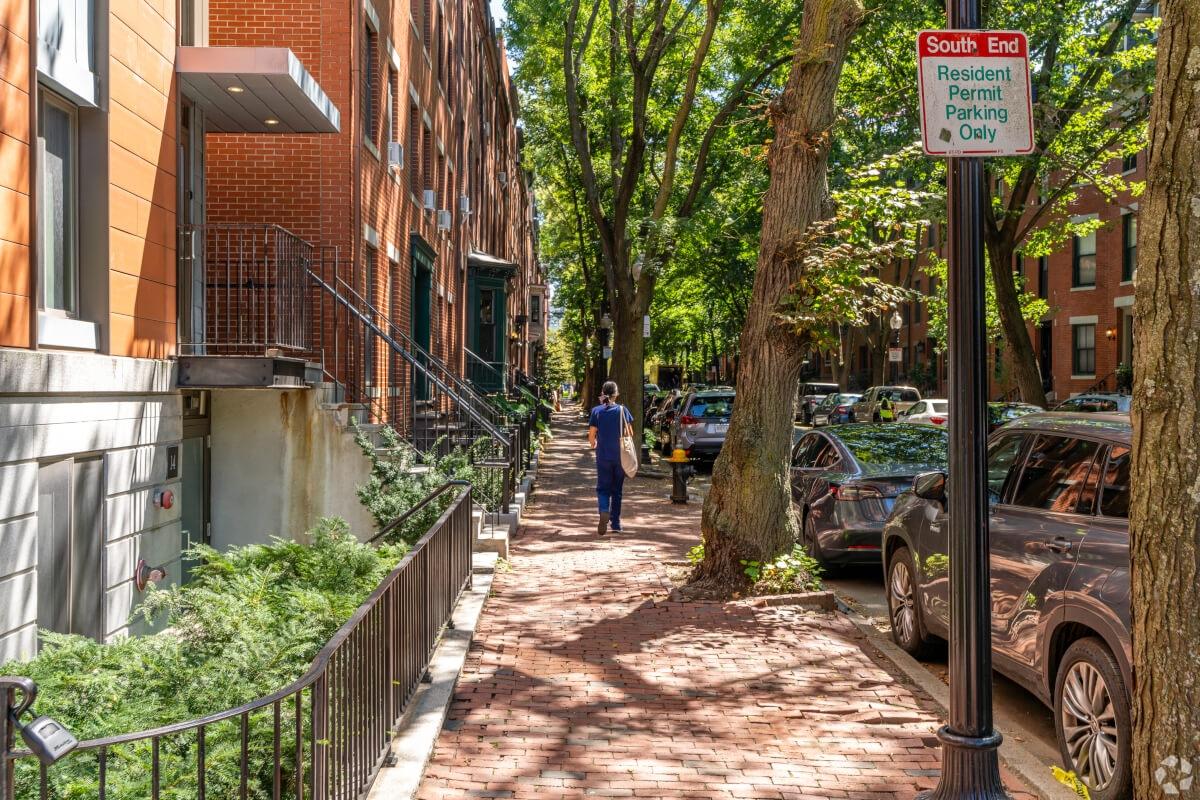
Having a car in Boston isn’t as simple as parking it and calling it a day. The city has strict rules and parking laws that every driver needs to know.
Boston Resident Parking Permits
Many residential streets are marked “Resident Parking Only.” You’ll need a Resident Parking Permit to park there and to avoid an expensive ticket. Getting a parking permit is free and easy as you can do it online or in person.
Street sweeping
Street sweeping in Boston is no joke. On main roads, it happens year-round; in most neighborhoods, it runs from April 1 through November 30. Make sure you move your car before street cleaning because if you don’t, it’ll be towed.
Winter in Boston
When major winter storms hit Boston, the city bans parking on certain streets to make room for plows and emergency vehicles. Main roads are usually part of those restrictions. Check the City of Boston website for what you need to do with your car when it snows and parking during snow emergencies before flurries start falling.
Types of Parking in Boston
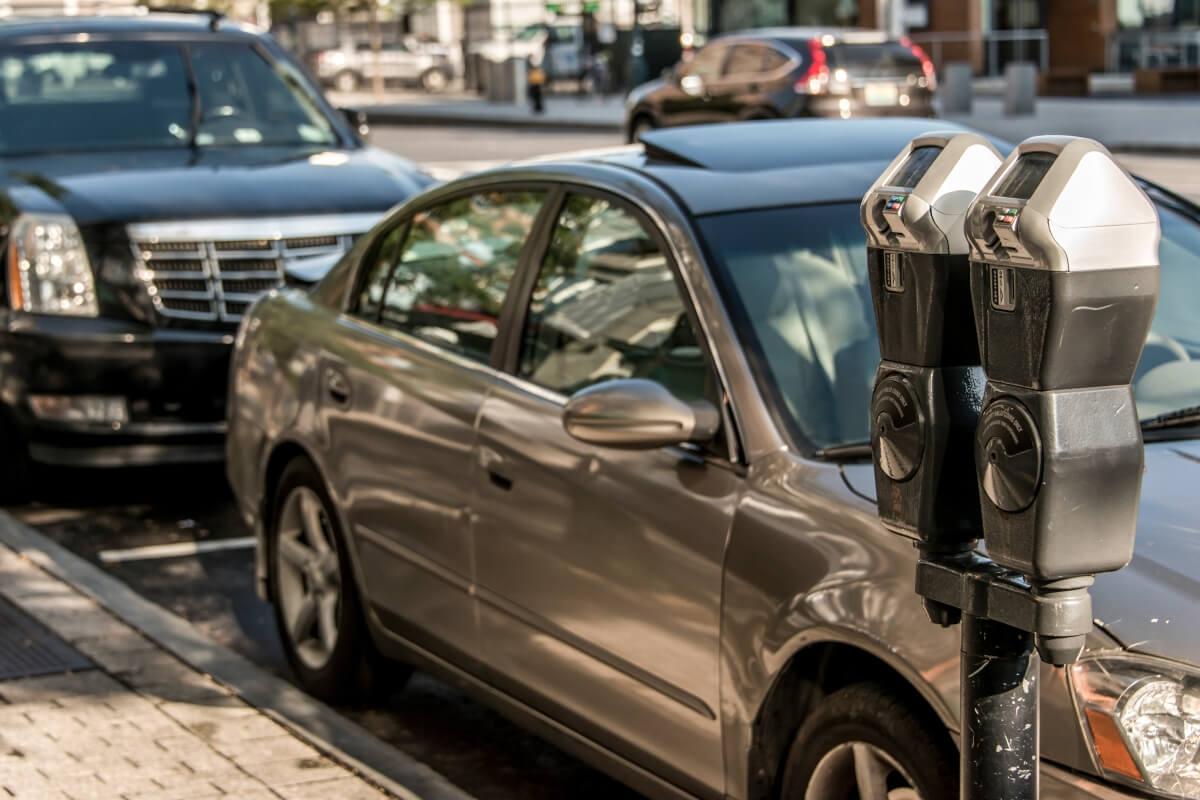
Parking looks different across Boston and varies according to the apartment community. With limited space in the city, apartments have had to get creative when it comes to where residents can park.
Street parking
Street parking is common across Boston, but it often requires a Resident Parking Permit. If your building doesn’t offer private parking, check your neighborhood’s permit rules before you move in since without one, you’ll likely end up with a ticket.
Parking meter
Metered parking is available throughout the city and active Monday through Saturday, 8 a.m. to 8 p.m. Always check posted signs and pay before leaving your car; rates vary by neighborhood, which you can view on the City of Boston website.
Some meters are pay and display, meaning you’ll place a printed receipt on your dashboard. Others are pay by plate, where you enter your license plate number as you pay. That means no receipt or trip back to the car required so you can move right along with your day.
On-site parking garages and surface lots
Some apartment communities in Boston offer private parking garages or surface lots for residents. You’ll usually pay an extra fee, but you’ll get a secure and close-to-home spot for your car.
In terms of how spots are assigned, each apartment community sets their own policies. Assigned spots are where you can only park in your designated space while open parking is where residents can park wherever they want on a first-come, first-served basis.
Off-site parking
If your apartment community doesn’t have parking, then explore your neighborhood to see if there are any private garages or surface lots where you could rent a spot.
Tandem parking (driveways and back-lot parking)
Not every property in Boston has parking, which is why street parking is the most common. However, for the neighborhoods that do, you’ll often find tandem parking in rear surface lots (aka back-lot parking) or the rare driveway. This setup means cars park in a line, so getting your car out can be a challenge as several others may need to be moved.
Tips for Parking in Boston
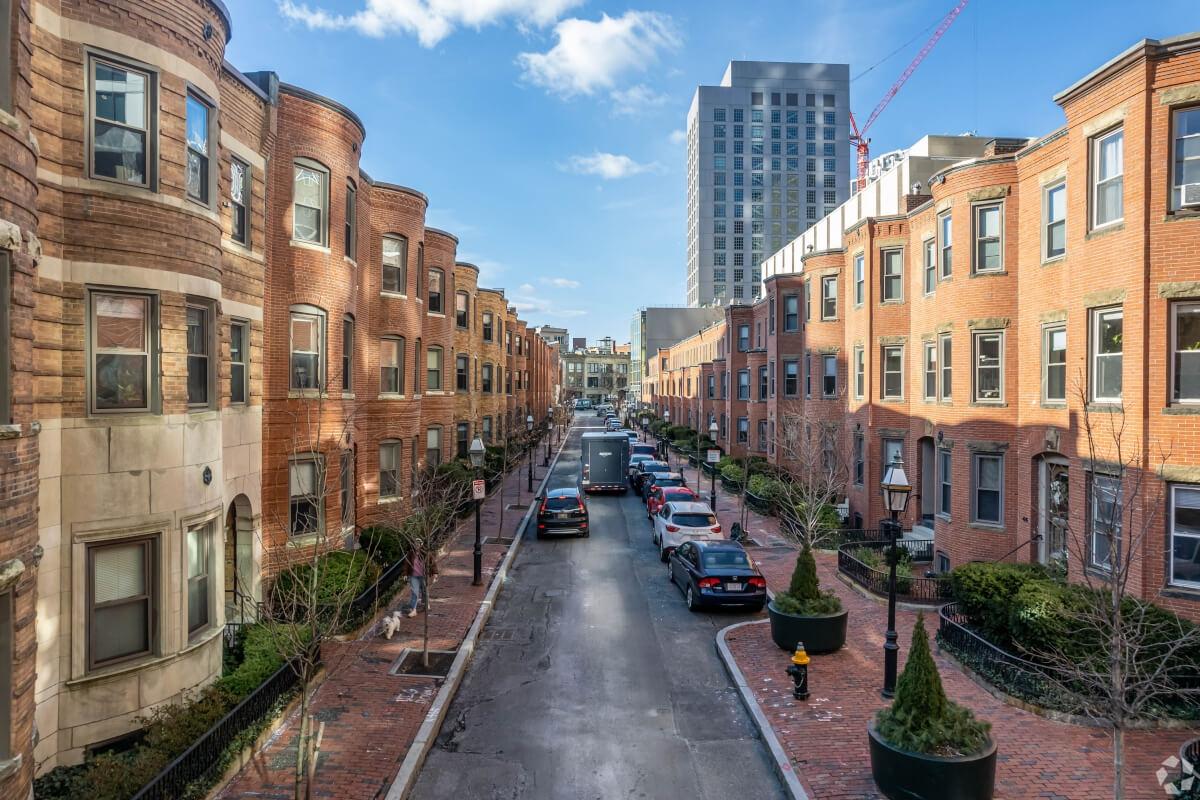
Boston parking can take some getting used to, especially if it is your first time in the city. But with some tips and the right information, you’ll get used to handling it and become a parking expert in no time.
Read all signs
Always check street signs before you park. They’ll tell you if parking is restricted and when. Some rules apply only during certain hours or days, so pay attention to the details before you walk away.
Take advantage of free parking on Sundays and holidays
On Sundays and federal holidays, parking meters are free and have no time limits. It’s the perfect time to run errands or explore the city without worrying about the clock.
Inform guests about Visitor Parking spaces
You want to be able to relax and enjoy the company of guests without worrying about cars getting towed or ticketed. Direct your visitors on how to park by knowing if there are any “Visitor Parking” spaces in your area. Be aware that these spots come with time limits, usually about two hours during designated time periods.
There are no visitor parking permits in Boston so if you want to have guests over for longer periods of time, they’ll have to find off-street parking if your street requires resident parking permits. Check out local garages and lots so you can suggest places where your guests can park.
Download ParkBoston
The ParkBoston app lets you pay for street parking right from your phone. You can extend your session, get alerts before your time expires, and skip the meter altogether.
Sign up for street sweeping alerts or get the schedule
Stay ahead of street cleaning by signing up for alerts or checking the schedule online so you know when to move your car. A little preparation can help you avoid the hassle (and cost) of towing.
Avoid sidewalks, crosswalks, and intersections
Even if you are only leaving your car for a couple of minutes, don’t risk parking your car in illegal zones. Never park on sidewalks or crosswalks, and don’t stop within 20 feet of an intersection unless it’s a marked parking space.
Stay informed of events
While big events and festivals in Boston bring crowds and tons of fun, they also come with road closures and parking restrictions. The city usually posts updates with parking and driving information, so check for announcements ahead of time. Go out and enjoy the events without worrying about your car.
Find Apartments with Parking in Boston on Apartments.com
If parking is a must-have in your Boston apartment search, use the filters on Apartments.com to narrow your options. Open the Filter menu, scroll to “Popular Amenities,” and check the box for “Parking.” Now you can browse listings without worrying about whether they have parking or not.
To learn more about parking in a specific community, scroll down to the “Fees and Policies” section and click the “Parking” tab. There, you’ll find details on parking types, such as garages or surface lots, as well as any fees you will have to pay.
FAQs
What is the speed limit in Boston?
The default speed limit in Boston is 25 mph unless there is a sign that states otherwise.
What is the Downtown Crossing in Boston?
Downtown Crossing is a lively, pedestrian-only district in the center of Boston, surrounded by shops, restaurants, and historic landmarks. Because cars can’t drive or park within the main area, you’ll have to park elsewhere and walk.
Where can I park in Boston?
Boston has strict parking rules, but if you know what to expect and pay attention to posted signs, you can avoid tickets and towing. Most street parking is metered, except on residential streets that require a permit. You’ll also find plenty of parking garages throughout the city.
How much does parking cost in Boston?
Parking garage rates vary by location, from elusive free spots to about $30 an hour. Many garages cap daily rates so you don’t overpay.
How much is a parking ticket in Boston?
Parking ticket fines in Boston range from $5 to $40, depending on the violation. You can view the full list of parking codes and fines on the City of Boston website.
Make sure you pay your parking ticket promptly because if you don’t pay within 21 days then you get an additional penalty that can make the fines climb as high as $120.


